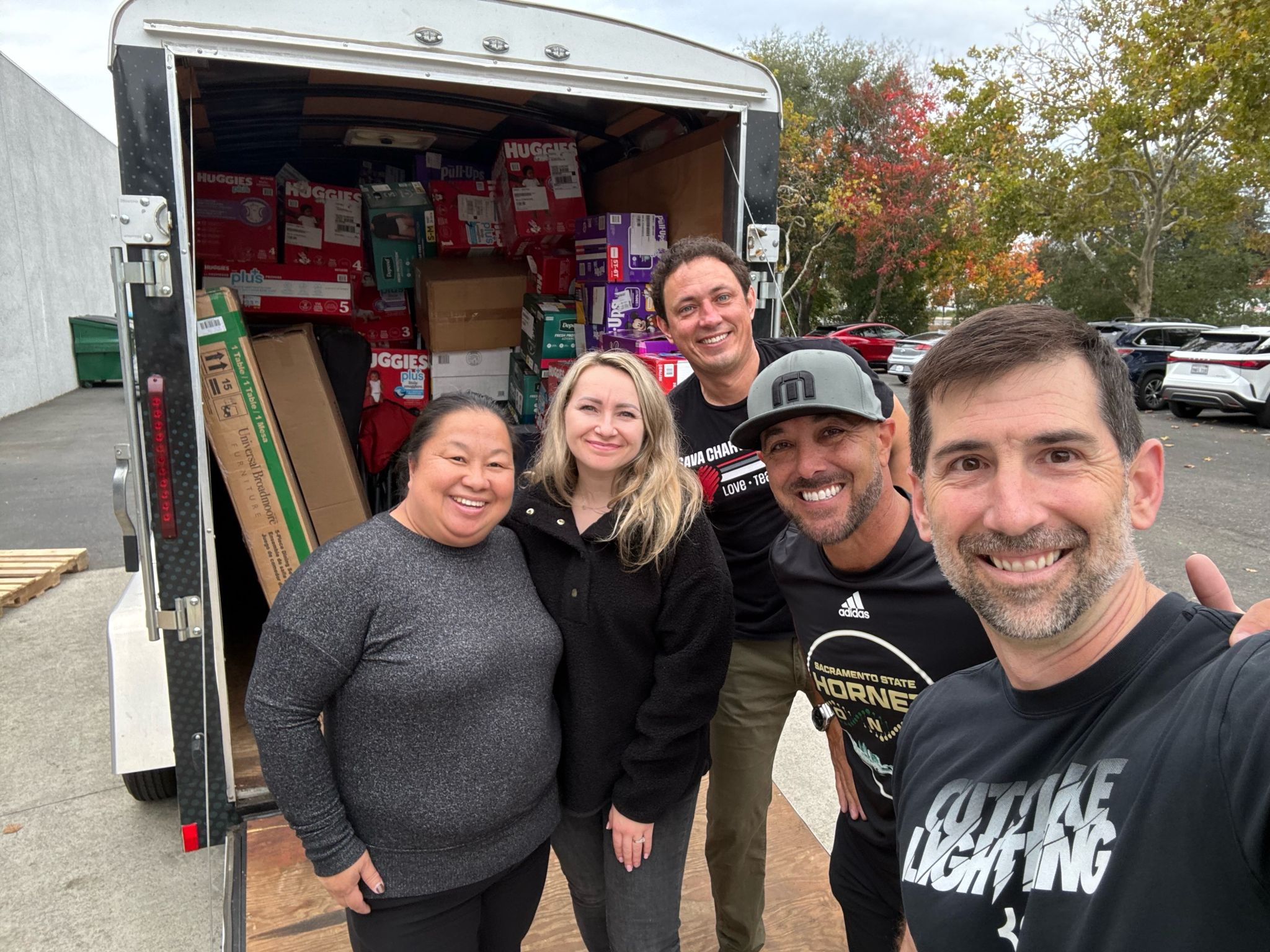One of the most transformative models in California’s K–12 system is what we call flex-based charter public schools.
These free, public schools reimagine education by allowing students to learn beyond the four walls of a classroom. They provide pathways such as career technical education, independent study, homeschooling support, and blended learning — where students split their time between school and home.
No matter the format, one thing is clear: flex-based learning is on the rise. Today, more than 190,000 students across California are enrolled in flex-based options. Yet despite their success — or perhaps because of it — flex-based charter public schools continue to face politically motivated attacks in Sacramento.
 In one of the most consequential legislative sessions in recent memory, lawmakers introduced two of the most dangerous anti-charter proposals in years: Assembly Bill 84 (Muratsuchi) and Senate Bill 494 (Cortese). AB 84 was the most severe, proposing a 30% cut in funding for flex-based schools — a devastating $700 million blow.
In one of the most consequential legislative sessions in recent memory, lawmakers introduced two of the most dangerous anti-charter proposals in years: Assembly Bill 84 (Muratsuchi) and Senate Bill 494 (Cortese). AB 84 was the most severe, proposing a 30% cut in funding for flex-based schools — a devastating $700 million blow.
But California’s charter public school community achieved something extraordinary.
Not only did we defeat AB 84 and SB 494, we also passed our own proactive measure, Senate Bill 414 (Ashby), with overwhelming bipartisan support.
The bill cleared the Assembly 55–3 and now heads to the Governor’s desk.
A Monumental Win
This victory didn’t happen by chance.
It happened because leaders like Senator Angelique Ashby refused to back down. It happened because of powerful partnerships — from the Charter Schools Development Center to the Association of Personalized Learning Schools & Services to allies like the Anti-Recidivism Coalition and Native American Tribes.
And most of all, it happened because tens of thousands of educators, parents, and advocates stood shoulder to shoulder, sending 31,748 emails, making 1,002 calls, and showing up at the Capitol to ensure lawmakers heard our voices.
They know that high-quality flex-based charter public schools are rewriting the rules of engagement for students — especially those who haven’t thrived in traditional settings.
SB 414 is not just another bill. It is a commonsense, charter-led reform package that strengthens accountability while safeguarding the freedom of families to choose the educational path that best meets their children’s needs.
The measure incorporates 58 recommendations from state watchdog agencies and puts in place immediate protections, including:
- Tougher audits and stronger financial checks to catch problems early
- Early-warning systems to flag issues before they spiral
- Transparency rules requiring disclosure of contracts and conflicts of interest
- Stricter oversight of vendors and contractors, including background checks
- Greater responsibility for authorizers to review expenditures, audits, and enrollment
- Creation of an Office of Inspector General to root out fraud and waste across California’s public schools
Together, these reforms close loopholes for bad actors without punishing good schools.
Families Know the Value
Our progress isn’t just evident in the Capitol — it’s reflected in the growing support of the public we serve.
A new statewide poll shows that 65% of California voters support charter schools, an eight-point increase since 2023. Nearly three-quarters of voters are familiar with charters, and a majority say their view has remained consistently positive over time, despite relentless political attacks.
One example is Coastal Academy, a TK–8 school in Oceanside that offers personalized education with credentialed teachers who design individualized learning plans for students facing challenges beyond their control.
Take the story of student Tanner Rico, who lives with Duchenne Muscular Dystrophy, a rare genetic disease that causes progressive muscle weakness. When it came time to enroll in middle school, Tanner and his mother, Traci, sought a place where he could “blend in” while still receiving the accommodations he needed to succeed.
“We knew we would need to find another option for Tanner, and we had friends whose children attended Coastal Academy,” Traci explained. “The school has been supportive since the day we arrived.”
Traci believes it’s critical to have schools like Coastal Academy in every community — schools with the flexibility and autonomy to meet the unique needs of every student.
Another example is iLEAD Online Public Charter School, a TK–12 program that builds personalized learning plans around each student’s passions — whether acting, athletics, dance, or something entirely unique. Their model blends individualized and project-based learning with leadership development and social-emotional growth.
“We start by asking: how can we make education relevant to your life?” said Matt Watson, Executive Director of Development at iLEAD California. “That might mean supporting a student who’s been bullied and needs to learn from home, a medically fragile learner, or a family that travels the country for work.”

Families like Amanda Schutt’s have experienced firsthand how powerful this flexibility can be. Because her husband traveled frequently for work, enrolling her children in a traditional school would have meant long stretches apart. Instead, they enrolled in iLEAD and were able to take learning on the road.
“When we went to San Francisco, we turned it into a California history unit — learning about the Gold Rush and geography firsthand,” Amanda said. “My kids still had 100% access to their teachers, but we could weave learning into our lives in a way that was meaningful and memorable.”
The impact of flex-based charter schools extends well beyond academics. Research shows students in structured, teacher-led flex-based models often outperform their peers in college with higher average GPAs. These outcomes reinforce what families already know: when you match the learning environment to the learner, students thrive.
Moving Forward
We must ensure high-quality, flex-based public school options like iLEAD are protected and treated equitably, just like all other public schools in California.
The passage of SB 414 proves what is possible when our movement stands united. We didn’t just play defense this year; we went on offense and won.
As SB 414 heads to the Governor’s desk, we must continue to raise our voices to ensure he signs this historic legislation into law. And we must remain vigilant in defending every student’s right to attend a school that best meets their needs.
As I’ve said before: if a child can’t learn the way we’re teaching, we need to teach the way they can learn. That philosophy lies at the heart of flex-based charter schools — adapting to the student, not the other way around.
For thousands of families across California, this model isn’t just a choice. It’s a lifeline. And it deserves to be valued, supported, and protected.
Myrna Castrejón has been the President and CEO of the California Charter Schools Association since January 2019. Innovate & Educate is an occasional column in which she explores statewide K-12 issues through a charter public school lens.


